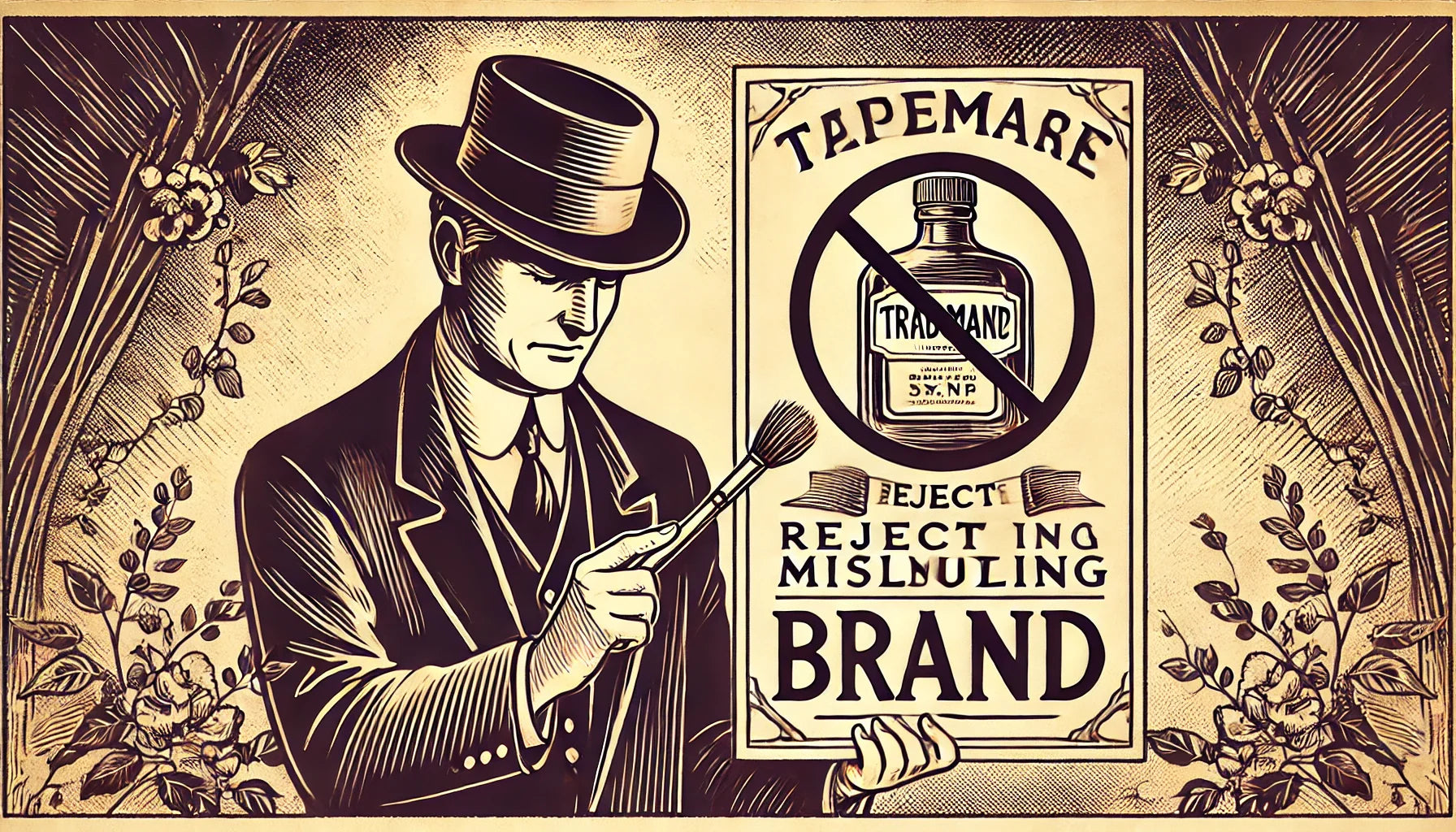|
The old saying “a picture is worth a thousand words” rings true in patent law. As any inventor knows, patent drawings are one of the most important aspects of a patent application. The United States Patent and Trademark Office (USPTO) “requires applicants to submit drawings of their invention if such drawings are necessary to understand its workings.” (1). These drawings illustrate to the patent examiner and the general public the complex processes, formulations, or descriptions contained within the rest of the patent application.
Given the tremendous importance of patent drawings, many inventors may wonder about the best way to make such drawings. In general, an inventor has two options: 1) make the drawings themselves or 2) hire a professional draftsperson to make the drawings. Both options come with their advantages and disadvantages. By drafting the drawings yourself, an inventor can save time and money but may not know what aspects of the drawing are relevant to a patent application. On the other hand, hiring a professional draftsperson, despite the additional cost, yields drawings that are often more in line with what the USPTO is looking for.
Hand-drawing requires that the illustrator pays great attention to maintaining the proper dimensions and proportions described in the rest of the patent. Furthermore, the illustrator must produce images that provide the viewer with a clear perspective of the various components of the invention. Most patents contain only black and white drawings, however colored drawings “may also be submitted to the USPTO” so long as you “file three sets of the color illustrations with the USPTO, complete a petition explaining why color is necessary, pay a petition fee, and include a statement in your patent application that it contains color drawings.”
In addition to hand drawings, computer drawings generated from Computer-Aided Drawing (CAD) software are becoming increasingly common. CAD programs, such as SOLIDWORKS, allow the user to design a digital 3D model of their invention and produce precise drawings from the 3D model. The user can make changes to the format, the included dimensions, and views of the drawings, thereby offering a more realistic and accurate representation of the claimed invention. Furthermore, some programs allow the user to make accurate 3D drawings by scanning a real-life 3D object.
In summary, whether through good old pen and paper or through high-tech CAD software, including detailed and accurate drawings is an integral component of almost all patent applications.
Sources https://www.nolo.com/legal-encyclopedia/patent-drawings-draw-own-30248.html If you are a startup, small business, or a solo-inventor looking for a high quality & affordable patent or trademark, you've found the right place. Miller IP Law offers transparent and affordable options specifically designed for your business goals. Grab a strategy meeting to kick things off! |
 About the Firm... About the Firm... Miller IP Law is a firm that focuses on small businesses, startups, and entrepreneurs/solopreneurs. We’re easy to use. We offer affordable pricing that’s transparent and flat-rate. We focus on the little guys who actually need our help. If you’d like an attorney on your team, simply schedule a Zoom call, and we’ll take care of the rest. Top Blog Articles1. Cheapest Way To Get A Patent 2. How Long Does It Take To Get A Trademark?  Want to chat more about this topic, or got a burning question? Take advantage of instant chat and send us a direct message

Find Us On LinkedIn |
About Our Firm…
Miller IP Law is a group of attorney's, based out of Mountain Green, Utah, who are excited to help you build your business and further innovate market places and economies. Please consider looking at our services, billed at flat rate, and be sure to grab a free strategy session to meet with us!
Get weekly stories and information about protecting intellectual property with our e-mail Newsletter today!
Need To Get In Touch With Us?➡Schedule A Free Strategy Session Today… |
|
Flat Fee Pricing
Straightforward for Patents and Trademarks
|
Patent Application |
Trademark Application |
Copyright Application |








